Created the world's first controlled by thought, robotic hand
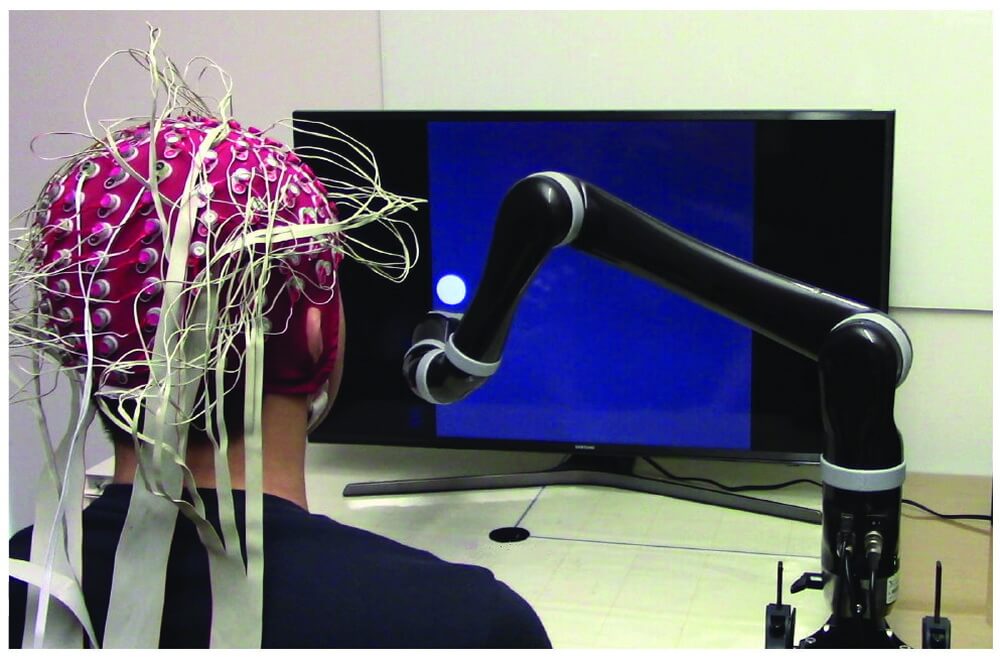 Source:
Source:
Engineers from the University Carnegie Mellon in collaboration with experts from the University of Minnesota has made a breakthrough in the development of noninvasive methods of management of the robotic device. Using non-invasive brain-computer interface (BCI), scientists have created the world's first robotic arm that is controlled by the human brain and have the ability to follow the direction of the mouse cursor on the computer screen. How notes portal Tech Explore reporting on the development, the use of a noninvasive method to control robotic devices will have a broad range of applications. For example, this technology can be very useful for paralyzed individuals.
Disadvantages of modern brain-computer interface
In the past, brain-computer interfaces showed very high control precision robotic objects, but for this purpose special implants that have violales in the human brain and track the desired signals. The introduction of these implants is difficult and quite dangerous task, requiring surgery. In addition, such devices are very expensive, but in fact may be very limited in their capabilities. Therefore, similar mechanisms will apply in very rare cases.
One of the main current problems of the sphere of the development of brain-computer interfaces is the creation of less invasive and better – completely non-invasive technology that will allow paralyzed people to control their environment or robotic limbs using the power of their thoughts than help millions of people worldwide to improve their quality of life.
The Problem is that the use of non-invasive brain-computer interfaces that collect information on the brain signals via external electrodes, and not through implanted brain chips, accompanied by the transfer of signals along the brain amount of "noise" which reduces the control accuracy. So of noninvasive methods to visualize control robotic devices lose much technology with the use of implants. Despite this, the developers did not give up and try to establish more precise management practices that will not require surgery.
And, it seems, head of the Department of biomedical engineering, University of Carnegie Mellon, Professor Bina Heh succeeded.
"In the development of robotic devices controlled by thought via a special brain implants has achieved significant successes. It is really so. However, the key goal of such developments is the creation of non-invasive methods. Advances in neural decoding and the practical usefulness of non-invasive control of robotic arms will have a major impact on the development of non-invasive neurobiotic", — says He.
the world's First controlled by thought, the robotic arm
Using new methods, sensor technologies and machine learning-Hye along with his team was able to access deep brain signals to a high precision control raboroko. Thanks to non-invasive neuroimaging and the new paradigm of continuous persecution, the system learned to overcome noisy signals of EEG, which led to a significant improvement in neural decoding and facilitated continuous control robotic devices in real time.
Using non-invasive BCI to control a robotic arm that tracks the cursor on the computer screen, Heh with the team for the first time demonstrated that the manipulator is now able to continuously follow the cursor. Previously, such devices follow the movement of the cursor sharp, discrete movements, as though trying to catch up to the team's brain – now the limb follows the cursor smoothly and continuously.
In an article published in the journal Science Robotics, the team describes the creation of a new platform, which aims to improve "brain" and "computer" components of BCI by increasing user engagement and their learning as well as improvement of the spatial resolution of the data by non-invasive neural imaging EEG sources.
The article stated that a unique team approach to solving this problem have improved the training system for BCI almost 60 percent for the traditional tasks of centering and improved the quality of continuous monitoring of a computer cursor by more than 500 percent.
To date, the system was tested with the participation of 68 healthy people (up to 10 sessions for each), people (up to 10 sessions for each subject), including the virtual device and the robotic arm for continuous persecution. Clinical testing of the technology with the participation of real patients, the researchers plan to begin in the very near future.
one of the participants of the experiment using the virtual cursor by using brain-computer interface, and robotic arm, controlled by thought for the task of continuous control of the randomly moving target
"Despite technical problems with the use of non-invasive signals, we are completely committed toto bring this safe and affordable technology to people who can benefit from it," says He.
"This work represents an important step in the development of non-invasive computer-brain interfaces – technology that someday may become a widespread subsidiary system to help people like smartphones".
To Discuss the news in our .
Recommended
The Oculus zuest 2 virtual reality helmet for $300. What's he capable of?
Why is the new Oculus zuest 2 better than the old model? Let's work it out together. About a decade ago, major technology manufacturers introduced the first virtual reality helmets that were available to ordinary users. There were two ways to find yo...
The mysteries of neurotechnology - can the brain be used as a weapon?
DARPA has launched the development of a neural engineering system to research a technology that can turn soldiers into cyborgs Despite the fact that the first representatives of the species Homo Sapiens appeared on Earth about 300,000 - 200,000 years...
What materials can be used to build houses on Mars?
Marsha constructions n the surface of the Red Planet SpaceX CEO Elon Musk is hopeful that humans will go to Mars in the next ten years. Adapted for long flight ship Starship is already in development, but scientists have not yet decided where exactly...
Related News
Created a self-healing material that improves the durability of the Shoe
the Mass pollution of the planet with plastic waste is that in case of breakage of items, people immediately throw them away. According to researchers from the University of Texas Lamar, to solve this environmental problem by crea...
Designed prosthetic leg with realistic foot
When one walks on uneven surfaces, full of potholes and stones, feet help him to distribute the load and keep the balance. Largely responsible for this ankle and fingers, but a prosthetic leg can't boast of having such moving part...
The company, created the largest aircraft for space launches, closes?
the Company Stratolaunch Systems, which has created the large dvuhfyuzelyazhny the aircraft carrier in the world, may soon be closed. About it reports Reuters referring to the four anonymous sources close to the matter. At the sam...
News high-tech: Why do we need satellite Internet Starlink?
the Launch Starlink has unleashed a real war in the Network. Astronomers complain — they say, the moons too bright, and the real stars this is not visible. But if they don't do out of proportion? the Satellite Internet Elo...
Test firing of the spacecraft engine, the Dream Chaser completed successfully
In 2016, the space Agency with Sierra Nevada Corporation they have agreed that developed spaceship Dream Chaser will be used to deliver cargo to the International space station. It is expected that he will fulfill at least six mis...
New method of water purification: as boiling, but much better
In most cases, drinking water without prior filtration and treatment it is impossible — it may contain hazardous microbes. Ways to get rid of them are numerous: from boiling and chlorination, to disinfect under the ultraviolet lig...
Artificial intelligence at MIT learned to train the neural network faster than ever
In an attempt to "democratize the AI" scientists at mit have found a way to use artificial intelligence to much more effective learning systems machine learning — that is, neural networks. They hope that a new algorithm, which all...
The us Navy will receive in 2021 destroyer with a very powerful laser gun
naval forces of the United States are going to equip by 2021, one of their ships a powerful laser weapon. The installation, dubbed the High Energy Laser with Integrated Optical-dazzler and Surveillance (HELIOS), as reported by Pop...
Fish and bees learned to communicate with robots-interpreters
it's hard To believe, but two completely different species of fish and bees, learned to communicate with each other. Of course, this too loudly, but they really can share information with each other about their actions. It became ...
Scientists propose to treat alcoholism with laser brain stimulation
Anyone who has ever abused alcohol or cigarettes, he knows that to get rid of this kind of dependency is sometimes very difficult. Unfortunately, addiction to harmful substances while you can't just turn off one button, but resear...
The U.S. army is developing a system for training soldiers in a virtual reality
During the fighting, anything can happen, and to consider all strategies of the enemy is almost impossible. Nevertheless, the United States intends to give his soldiers the ability to handle combat scenarios, dozens, or even hundr...
This helicopter will be able to control even you. The first attempt!
When looking at the control panel of the helicopter, eyes run in different directions — no wonder training takes a few months of theory and practice. Sikorsky company, which in 2015 was purchased by the American military-industria...
Bill gates has compared artificial intelligence to nuclear weapons
co-Founder , billionaire, and now philanthropist bill gates thinks artificial intelligence is a very unusual and controversial technology which can help mankind and to hurt him. At the conference of the Stanford Institute for huma...
for several years, developers from around the world demonstrate neural networks, which can either enhance your photos or to draw pictures from scratch. At the California conference GTC 2019 group NVIDIA Research found something tr...
News high-tech: artificial Sun in China
In the world of high technology is constantly going on so much that even we sometimes difficult to choose the most interesting. But we were still able. So the next few minutes will hold together! https://www.youtube.com/watch?v=o...
10 big global challenges that can be addressed by technology
the impression is that together with the progress of human civilization progress and its problems. The industrial revolution led to climate change: the oceans are clogged with plastic, and the planet is gradually turning into Venu...
Soon you won't have to wear a pass to get into the subway
Authentication system face recognition is becoming more and more popular: we, for example, when was the , came to the event with its help. But what if you install such a system in place with a much larger flow of people — fo...
The first device based on graphene will be on the market "in the next two months"
Natives of Russia, working in Britain, Konstantin Novoselov and Andrey Geim have created a graphene – translucent layer of carbon one atom thick in 2004. From this point almost immediately and everywhere we began to hear laudatory...
The drones, which "cling to the branch" as birds can fly much longer
It's a bird! That's a drone! No, actually it is a drone that can cling like a bird. Bats can hang upside down, clinging to something; the birds cling to the perch and just sit on it all night. And so the new drones could use this ...
Hackers can kill people with pacemakers, but there are
We already know how hackers can harm computers, smartphones and other technology. Few people is aware that under the threat of hacking and there are other devices that are directly connected to health and even life of people. Thes...


















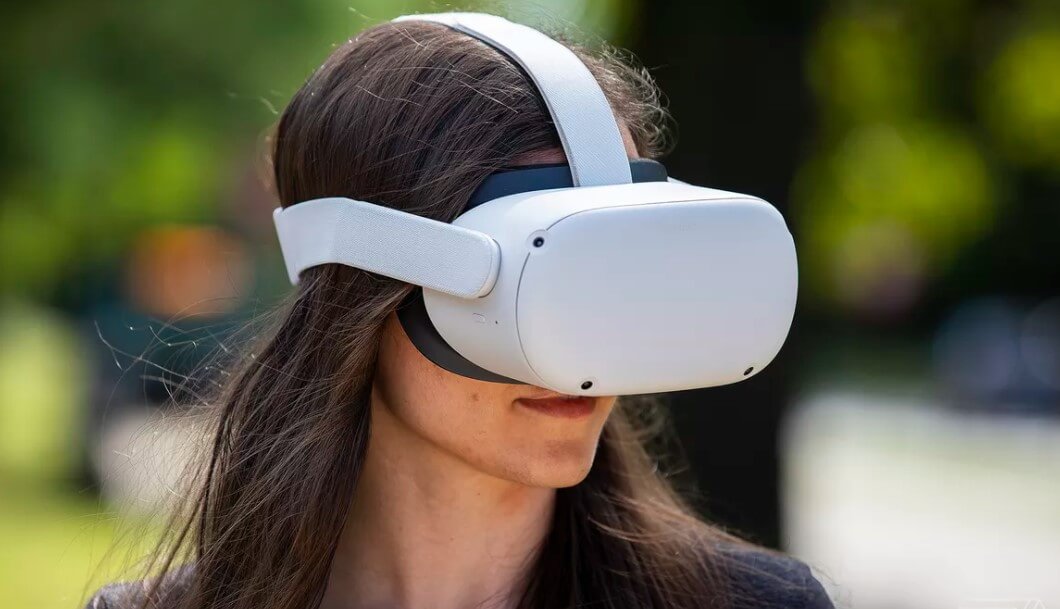
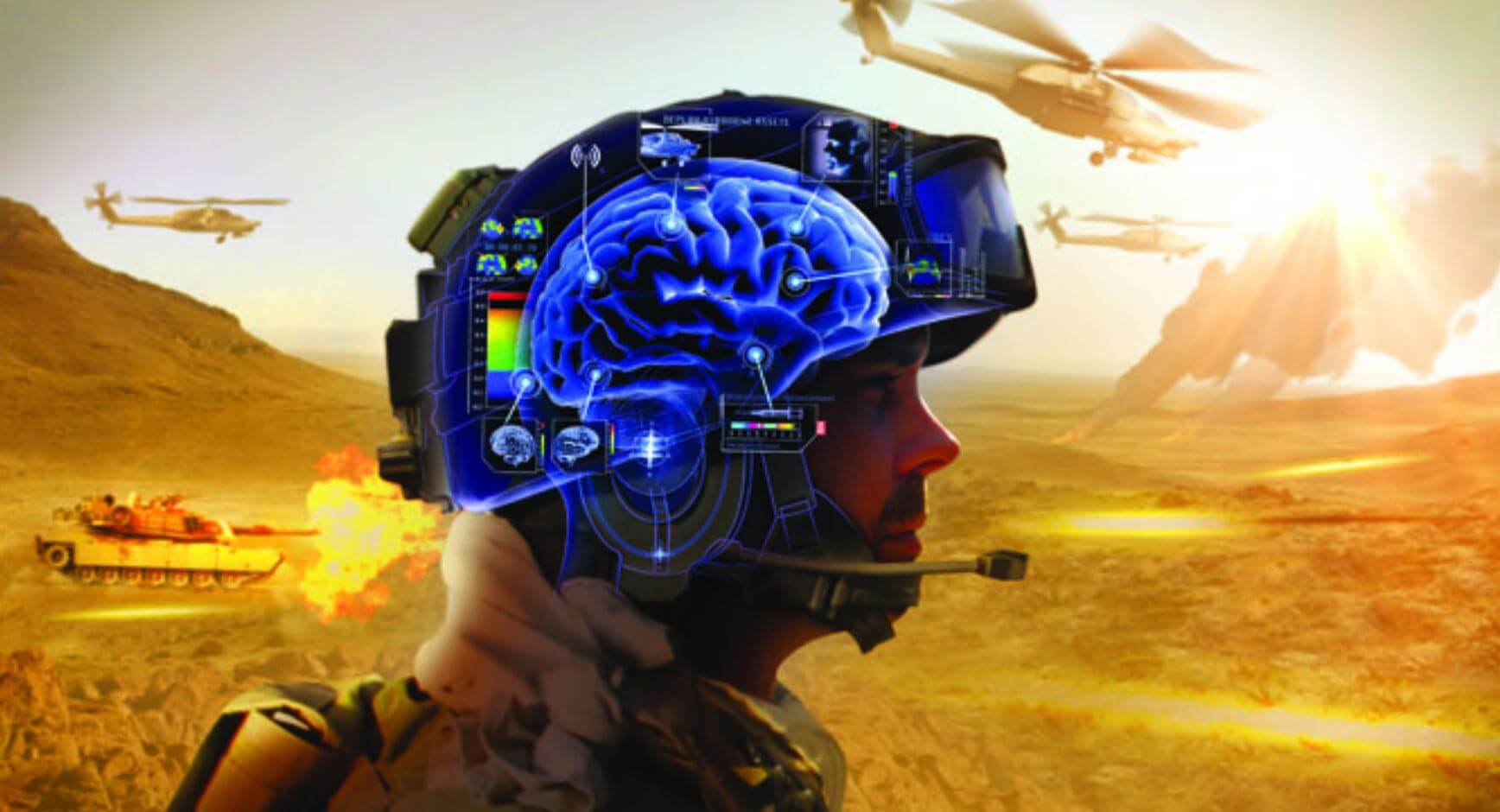

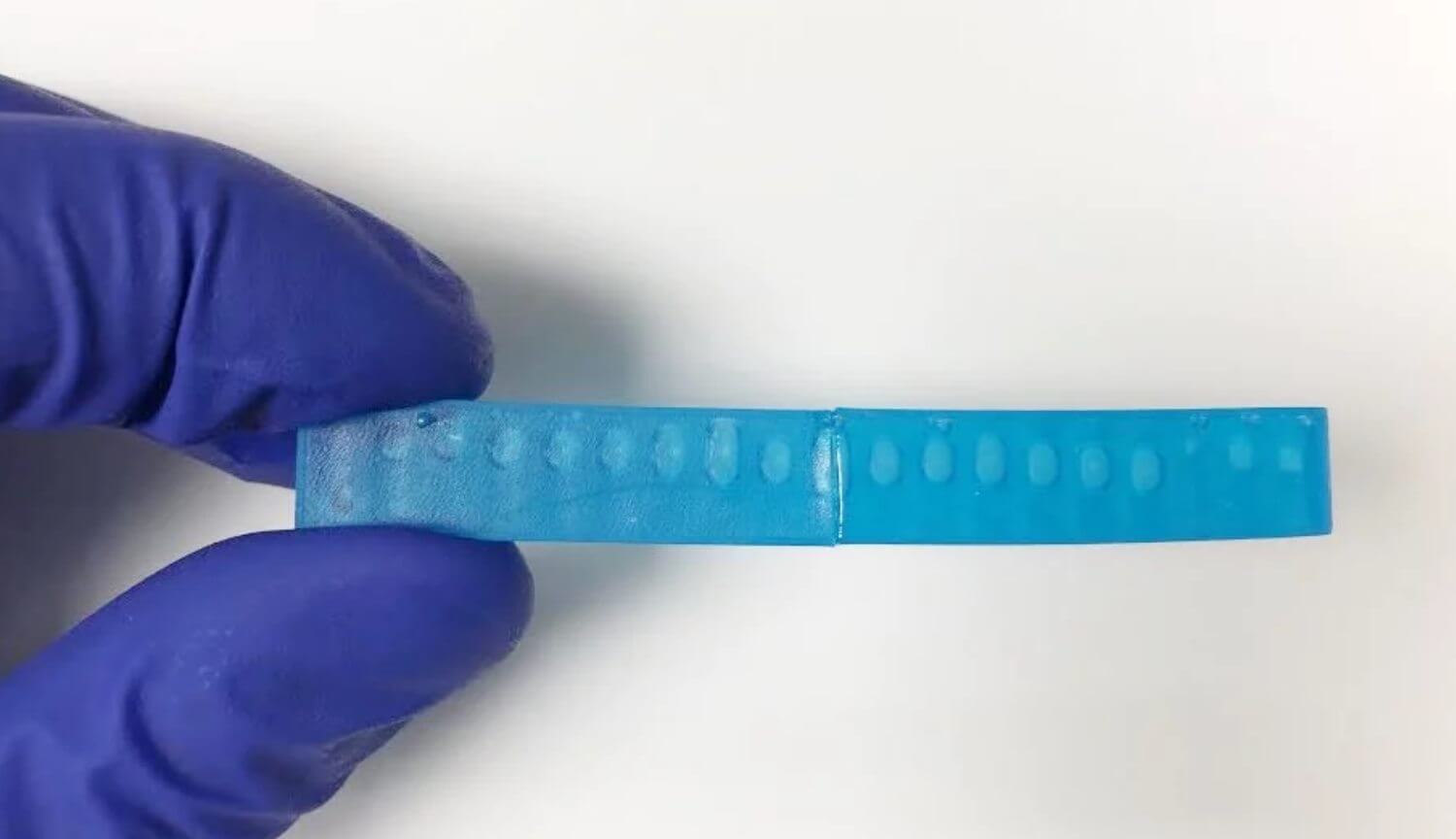
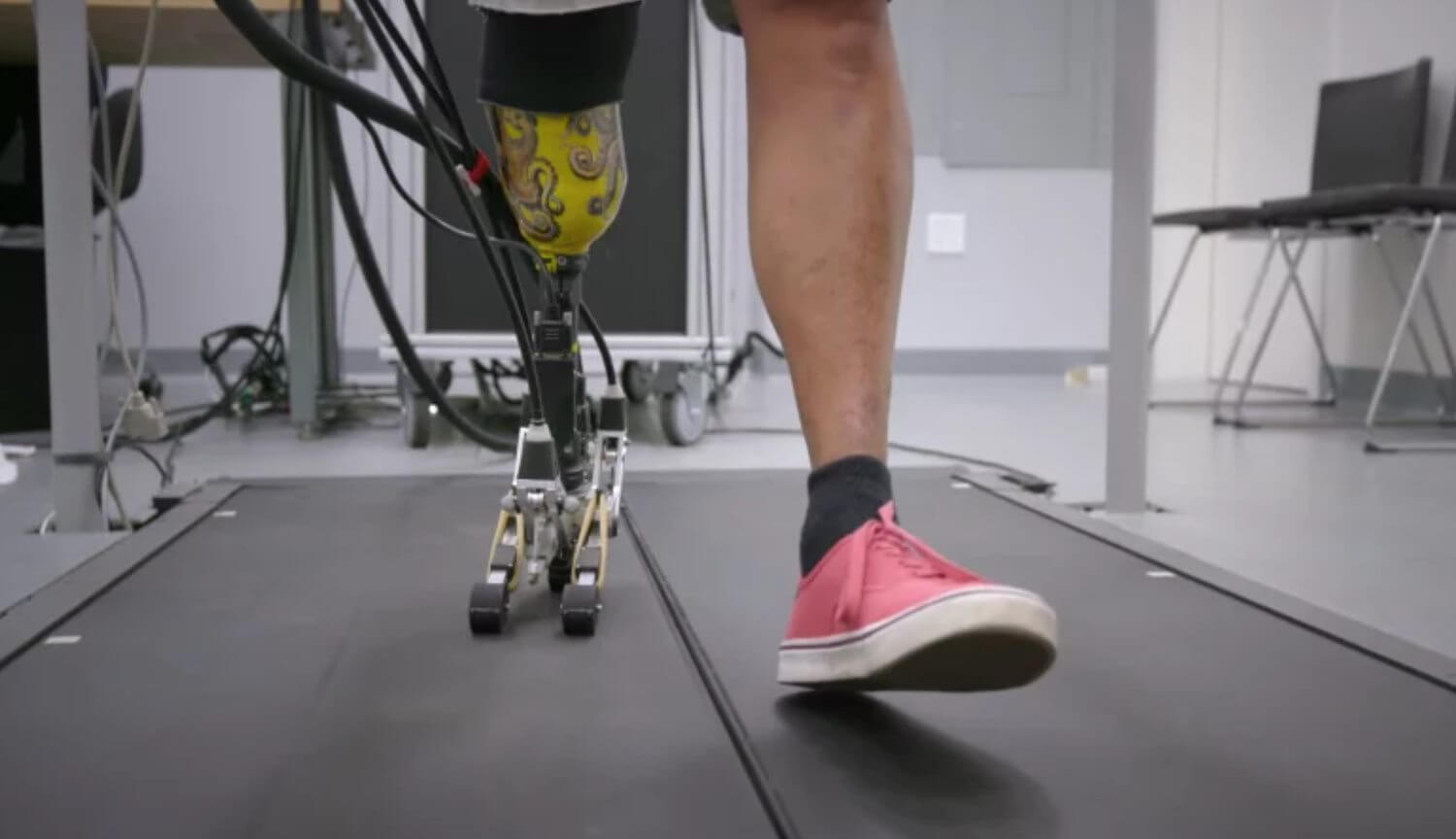







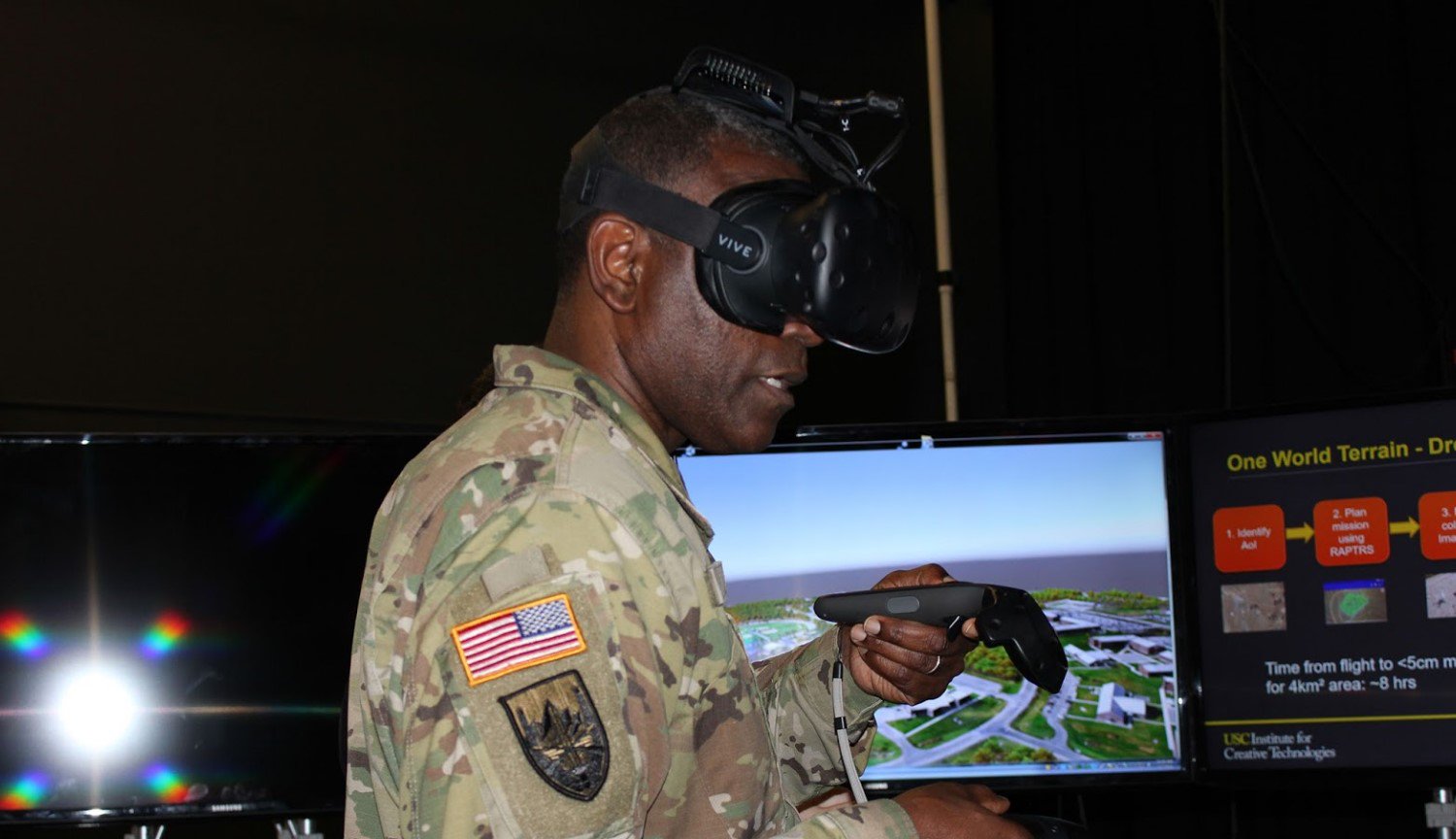
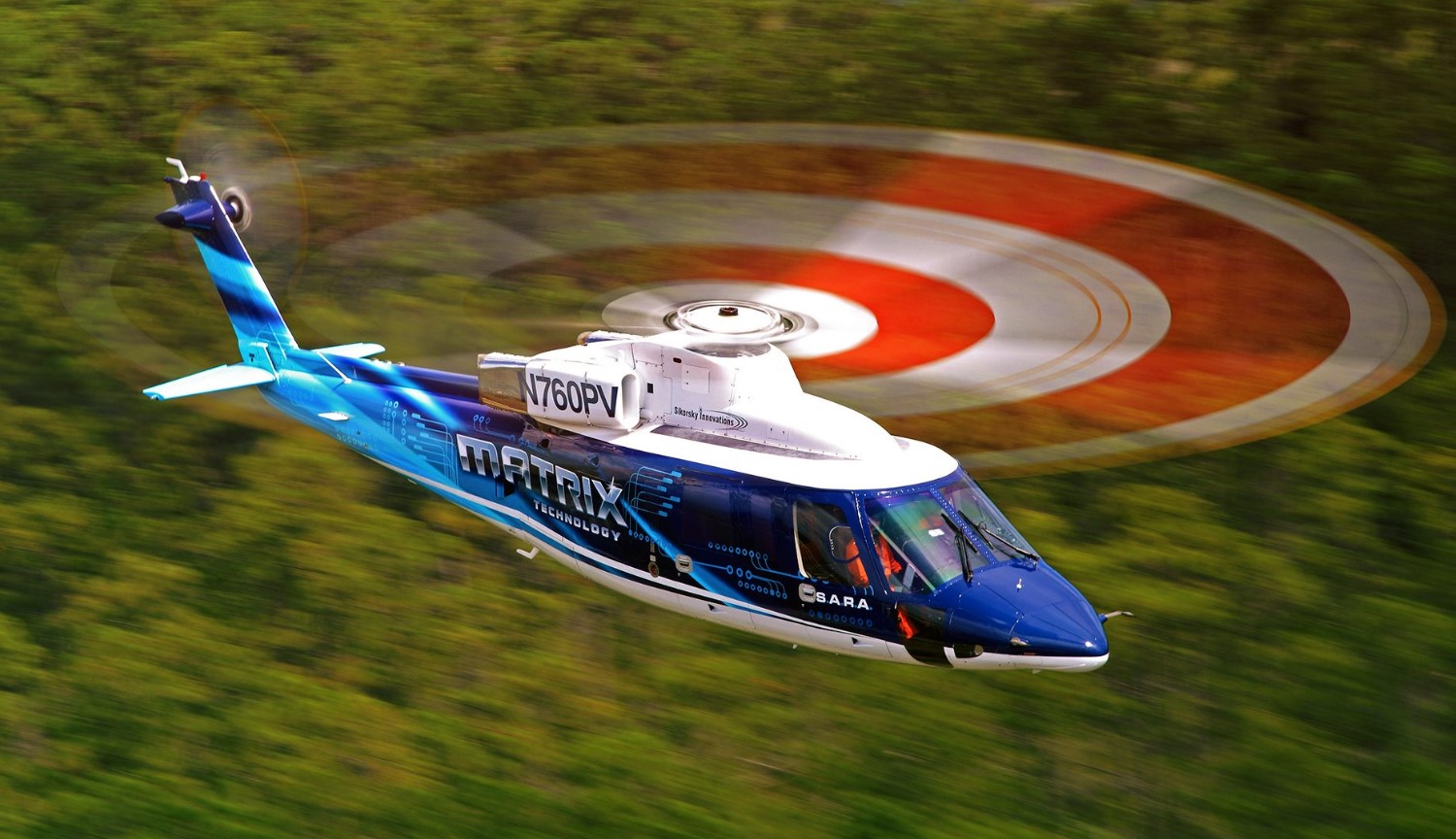

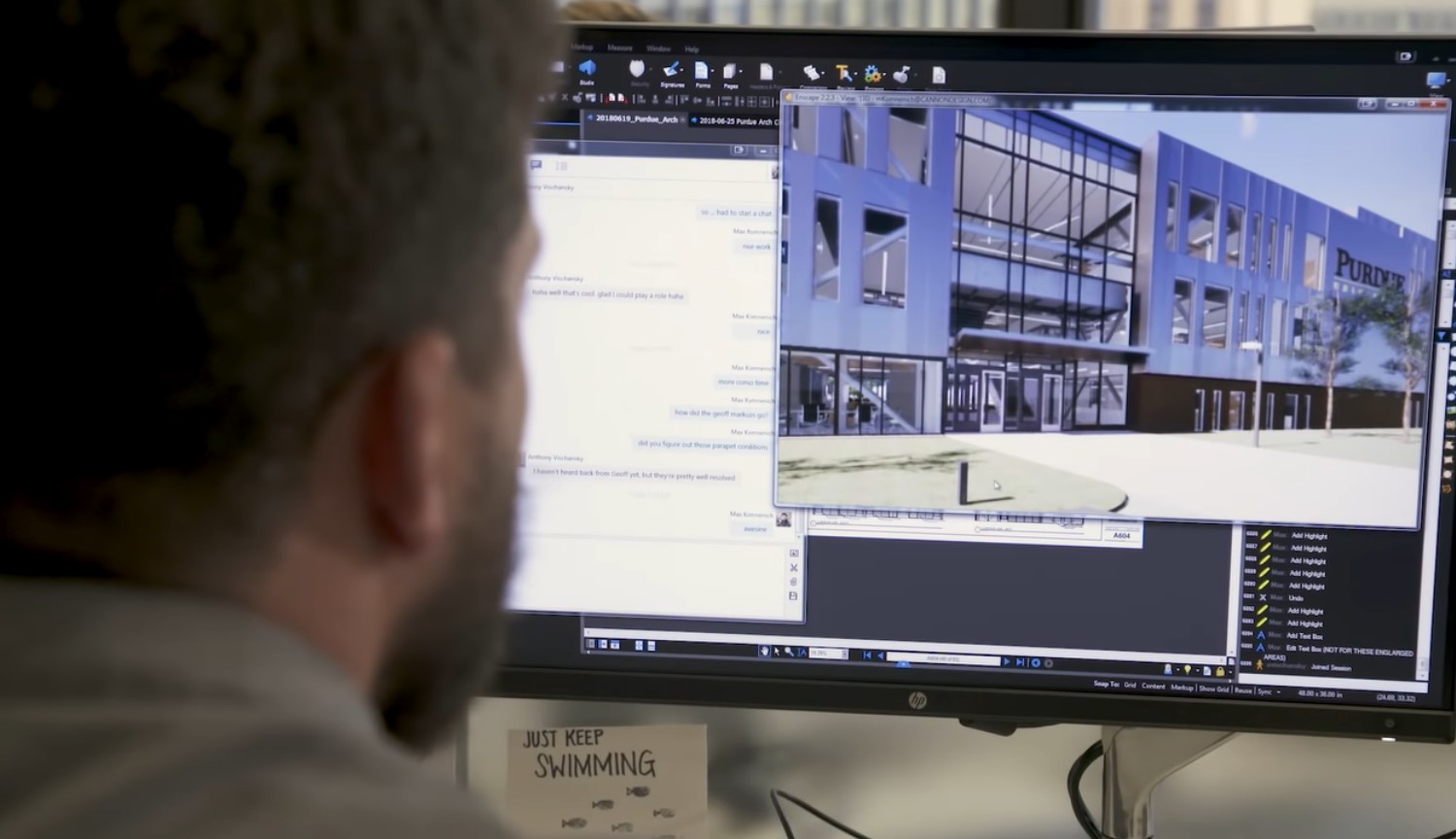




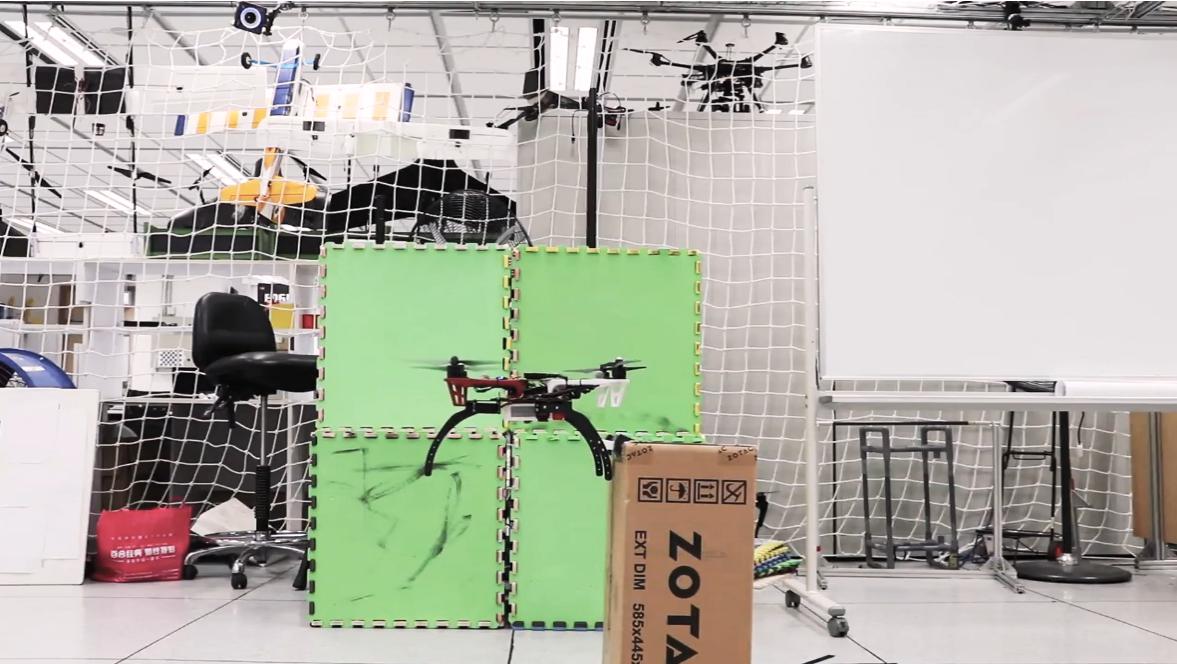
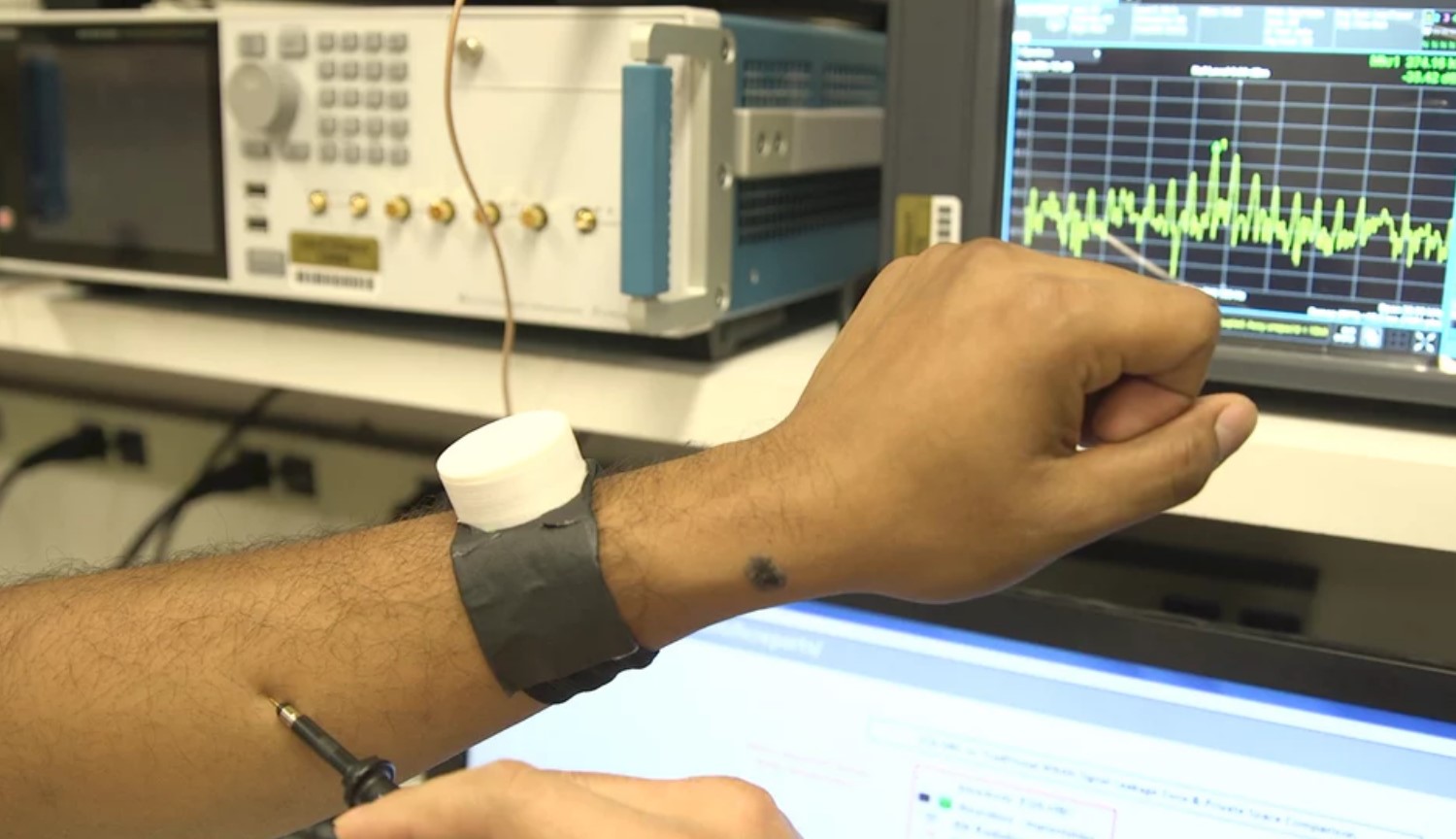
Comments (0)
This article has no comment, be the first!